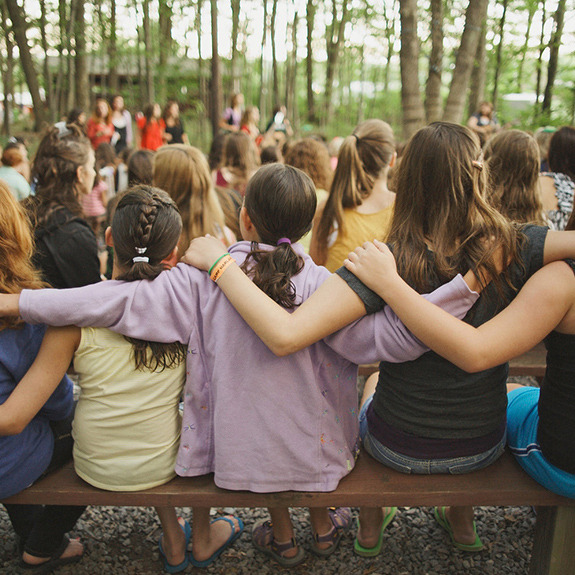
Every generation is controlled by the constant increasing pressure to change the world.
Millenials are constantly reminding us, Generation Z, that we are the ones that can make the biggest difference, not only for the present but also in the future. Although, changing the world seems like a pretty big task for a teenager. How are we supposed to do this? Where do we even start? Who is going to help me? So many questions and so many steps go into figuring out a way to change the world. But I have found the key, the first step to changing the world.
Make a connection. This may seem way too simple to be the key to changing the world but it is. The connection is the most important factor in the process of changing the world.
Mya ArtziIn our December Jumpspark Strong Women’s Fellowship › meeting, we met teen refugee girls from many different countries. This was absolutely amazing to me. We met them at the Global Village Project › , an organization that brings teen refugees together in order to prepare them for American high school. As I sat in the classroom, listening to 40 different girls close to my age from all over the world, I noticed that although we come from so many different backgrounds, we are all more similar than I could have ever imagined. We are all girls who are active on social media, who love Rihanna, who love a snow day, and who are just trying to get through high school. The conversation came easy and the laughter flowed throughout the room. Our connection was strong. Together, we felt more powerful than any comment, stare, judgement, or slur a person could say about our race, gender, ethnicity, or religion.
At the beginning of the program, we played a brief game to introduce ourselves to the group. Every JumpSpark member was paired with a refugee. As we went around the room introducing our partners, I sat in awe of the number of teens I was able to meet from so many different countries; countries like Rwanda, Congo, Malaysia, Afghanistan, and Syria. Syria. Wow. I am a Jew and the girl sitting in the table next to me is Syrian. I am officially and fully engaged, excited, and overwhelmed in such a good way, and ready to change the world.
My connection with Israel is a part of who I am. I have learned about the importance of my homeland since I was a young child, and my passion drove me abroad just last year as I attended high school in Israel for two months. This brief two-month journey during my sophomore year changed my life. I learned so much about Israel from its early history to current issues. One of Israel’s main issues right now is its relationship with Syria. The ongoing controversy and battles in war and in ethics between the countries has continued to increase over the years. It is a constant battle between the territories, the people, and the resources and it never seems to end. The only way to end this is to create peace, but how will we create peace if Israelis and Syrians won’t talk to each other? Because of the lack of connection between the people of both countries, to the people of each place, it seems that there is there is nothing to lose.
So this is where we as Gen Zers can step in. We are in charge of building those connections in hopes of one day possibly ending the fight. Today, 20 Jewish girls were able to make connections with three Syrian girls. The conversations we shared had nothing to do with our ethnicity, race, or religion. The conversations were solely based on our numerous, easily discovered commonalities, and we are were elated, surprised and thankful for our newfound friendships. Others might not have felt it as much as I did, but I believe that with this program we took a first step in changing the world. •
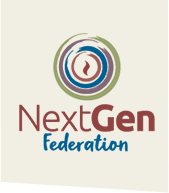

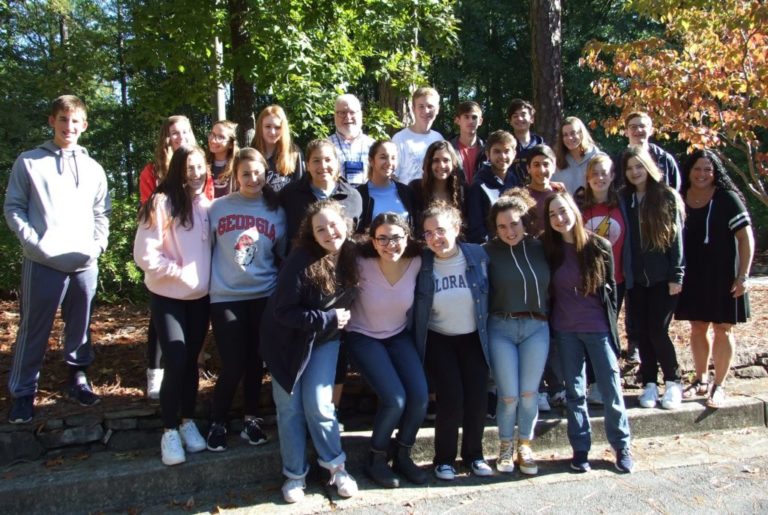

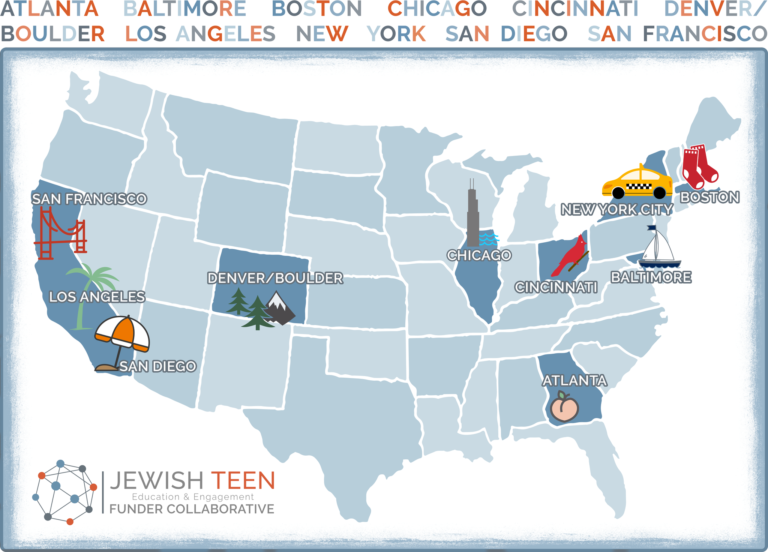
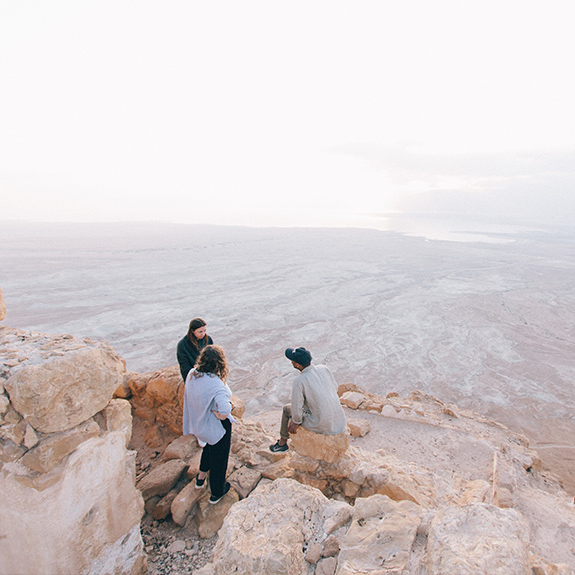
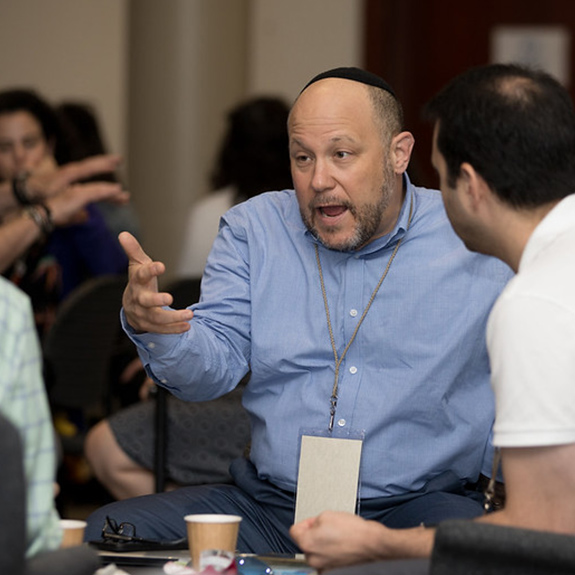

 The Atlanta Jewish Teen Initiative, known as
The Atlanta Jewish Teen Initiative, known as  Tatum Gordon, who attends Mill Springs Academy, said, “Touring MBS was my favorite part, and learning the mechanics of how the roof works. We had a scavenger hunt at the College Football Hall of Fame, searching for characteristics of a hero. You don’t need to have superpowers to show compassion or be a hero.” Josh Silverman, who attends St. Francis High School said, “It was good to learn about entrepreneurs that were very successful and that dealt with hardships and still became successful. The entrepreneurs gave back to their community by setting up businesses in Israel.”
Tatum Gordon, who attends Mill Springs Academy, said, “Touring MBS was my favorite part, and learning the mechanics of how the roof works. We had a scavenger hunt at the College Football Hall of Fame, searching for characteristics of a hero. You don’t need to have superpowers to show compassion or be a hero.” Josh Silverman, who attends St. Francis High School said, “It was good to learn about entrepreneurs that were very successful and that dealt with hardships and still became successful. The entrepreneurs gave back to their community by setting up businesses in Israel.” 

